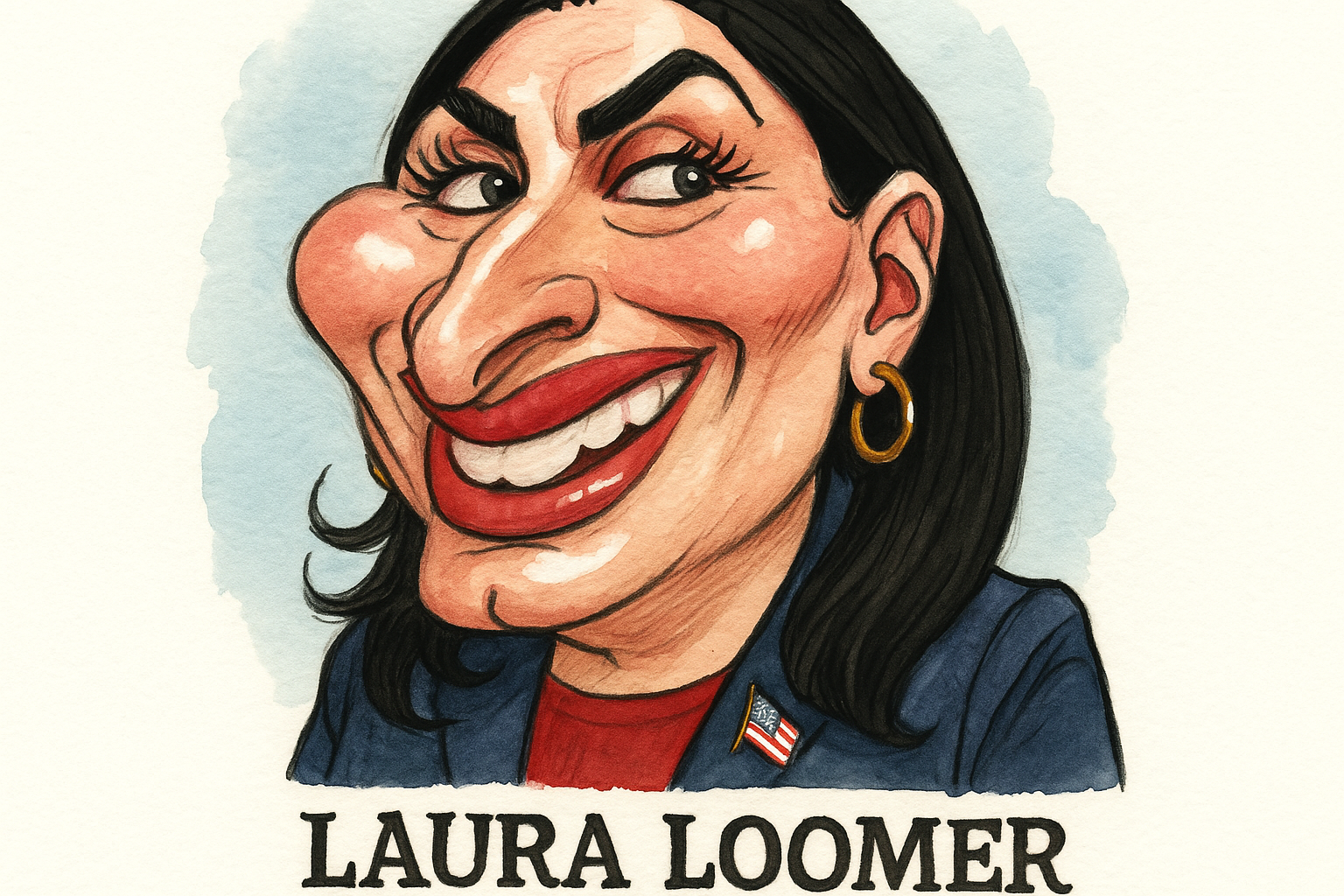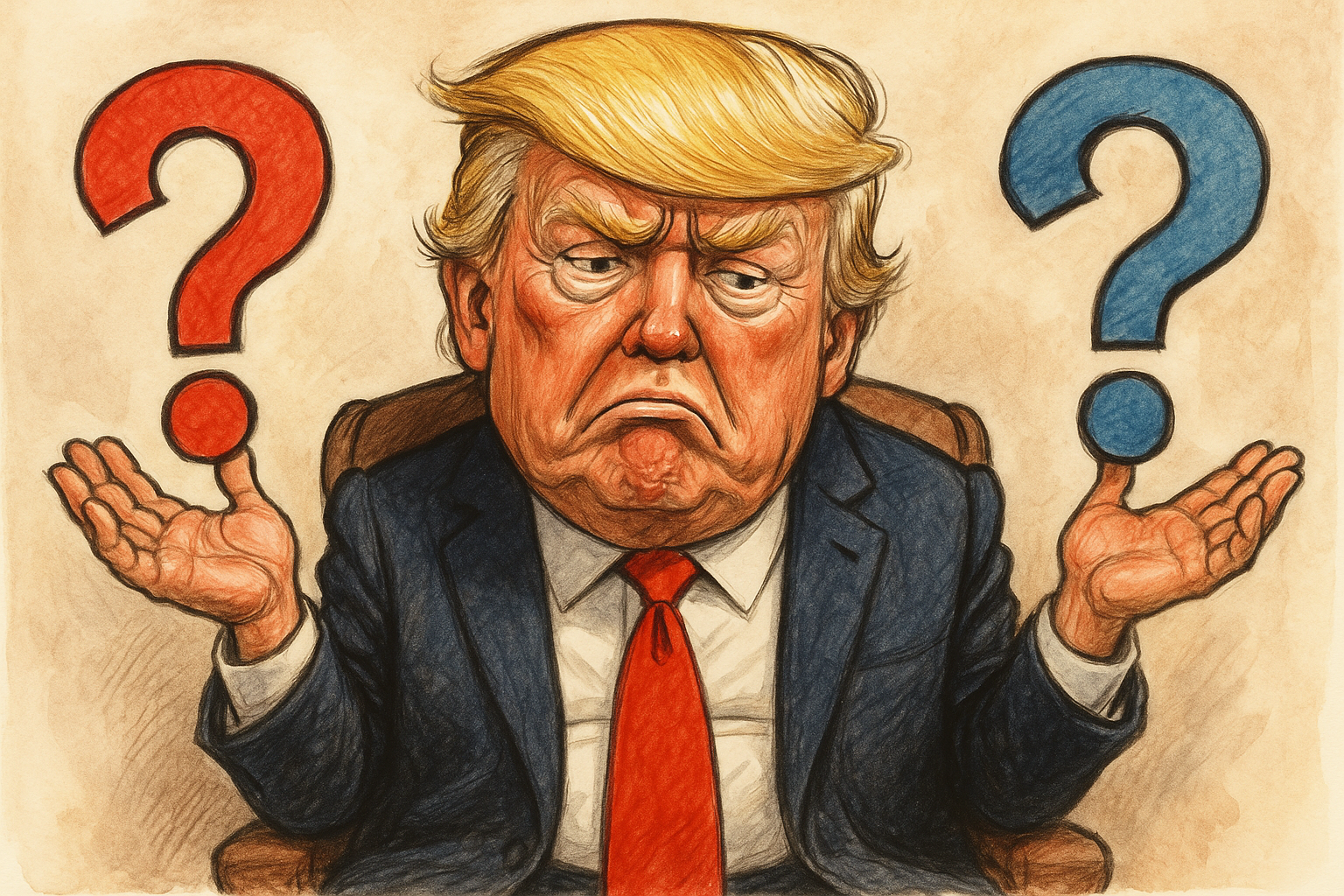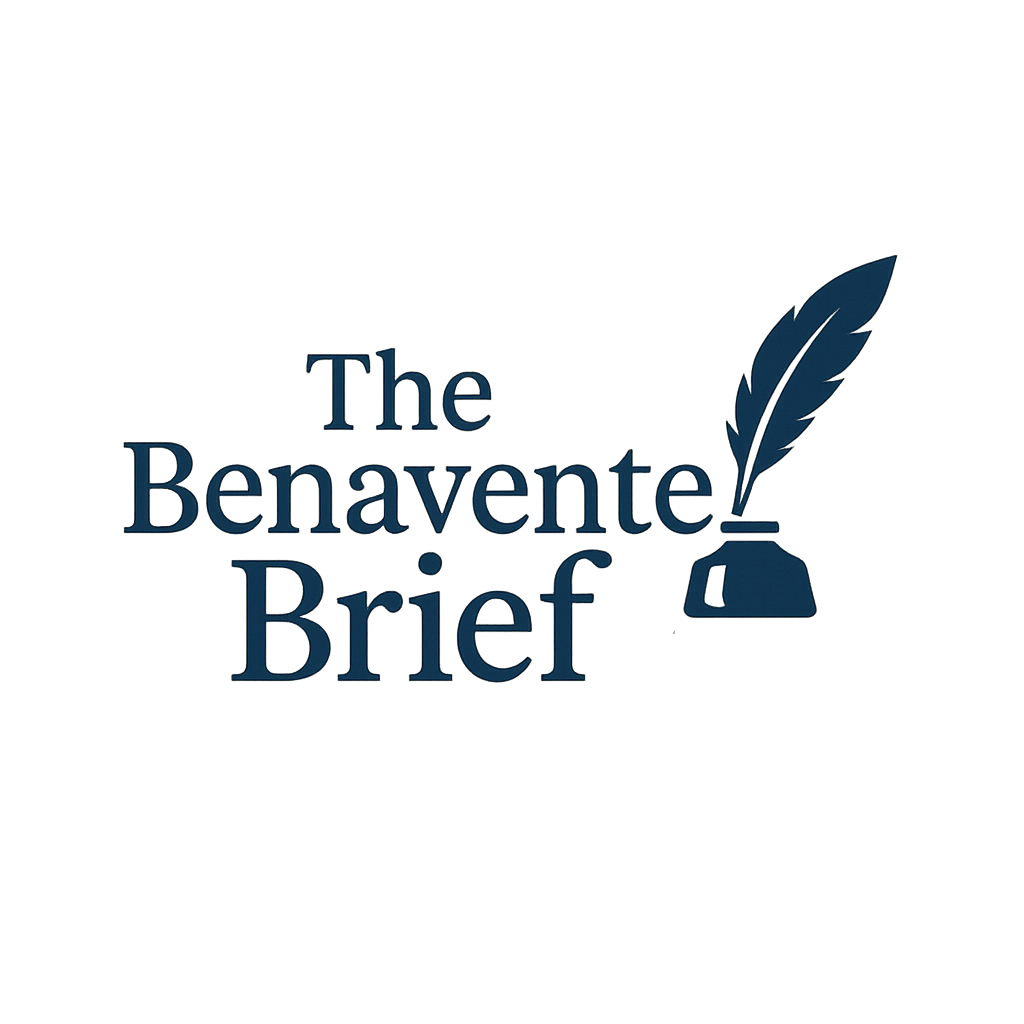From Fringe to the West Wing: Laura Loomer, Trump’s Unofficial Loyalty Enforcer
At the crossroads of digital activism and political power, few stories illustrate the stakes better than this examination of Laura Loomer’s rise—just as we explored in our analysis of how Trump’s second term is transforming border policy.”-Rafael Benavente

By Rafael Benavente
“At the crossroads of digital activism and political power, few stories illustrate the stakes better than this examination of Laura Loomer’s rise—just as we explored in our analysis of how Trump’s second term is transforming border policy.”
Title: The White House’s Loyalty Enforcer: How Laura Loomer Became Trump’s Gatekeeper
Meta Description: Once a fringe provocateur, Laura Loomer now wields outsized influence over Trump administration personnel decisions. Explore her rise from online gadfly to de facto loyalty czar—and what it means for the future of presidential power.
Introduction
In the ever-evolving theater of American politics, few stories better illustrate the fusion of digital activism and real-world power than that of Laura Loomer. Just a few years ago, Loomer was best known for guerrilla-style stunts—crashing award shows, confronting public figures, and generating viral outrage. Beyond the insular world of far-right social media, however, her influence was negligible. Today, by contrast, Loomer functions as the Trump White House’s unofficial “personnel director,” a loyalty czar whose opposition research and private briefings can make or break a staffer’s career.
This transformation—from fringe protester to presidential confidante—raises difficult questions about how decisions are made at the highest levels of government. When loyalty becomes the primary qualification, and when an unelected influencer wields greater sway than official channels, what does it mean for governance, expertise, and the health of public service? In this 2,000-word exploration, we’ll trace Loomer’s unlikely ascent, analyze the tactics that underpin her power, examine case studies of her impact, and consider the broader implications for the Trump administration and beyond.
From Fringe Activist to Presidential Confidante
Early Days: Provocation as a Brand
Laura Loomer first carved out her niche by orchestrating provocative, headline-grabbing stunts. Whether she was gate-crashing political events, heckling cultural institutions, or livestreaming confrontations, Loomer built a brand on disruption. Her style was merciless, unapologetic, and perfectly suited for the “very online” right: a base that rewarded shock value and uncompromising rhetoric.
Yet despite her popularity among fringe audiences, Loomer struggled to break through into mainstream politics. Traditional media outlets treated her as a sideshow, and policy-making circles largely ignored her outbursts. In the absence of broader institutional support, Loomer’s influence plateaued.
The Turning Point: Capturing Trump’s Attention
Everything changed when Loomer began targeting figures within the Trump orbit for “disloyalty.” By publicizing old tweets, private comments, and even off-the-record quips, she demonstrated an uncanny ability to unearth damaging material. Rather than relying solely on public spectacle, Loomer adopted a more strategic posture: opposition research tailored to the administration’s internal culture wars.
Her method caught President Trump’s eye. In an environment where personal allegiance often trumped (no pun intended) policy expertise, Loomer’s rapid-response exposés provided a convenient mechanism for sorting friends from foes. Leveraging a small but highly engaged network of followers, she amplified her findings until they reached the president’s timeline—and the White House felt compelled to act.
The Mechanics of Influence
Rapid-Response Opposition Research
At the core of Loomer’s power lies what she calls her “rapid-response opposition research.” Unlike traditional think-tank investigations or formal vetting processes, Loomer’s approach is built for speed and spectacle:
- Digital Archival Diving: Scouring social media archives for any statement, image, or comment that can be framed as betrayal.
- Contextual Spin: Re-contextualizing innocuous remarks to suggest disloyalty—often leveraging soundbites or screenshots without full transcripts.
- Public Amplification: Deploying her followers to retweet, like, and comment, thereby forcing Twitter’s algorithm (and Trump’s own feed) to boost the content.
This triad—research, spin, amplification—creates a self-reinforcing loop. Once a target is identified, Loomer can mobilize a wave of social-media pressure in hours, making it virtually impossible for the White House to ignore without appearing complacent.
Private Channels and Leaks
Beyond public theatrics, Loomer maintains private lines of communication that lend her work an aura of urgency:
- Direct Messaging: Loomer has cultivated contacts within the president’s personal circle. Texts or DMs flagged as “urgent” ensure that her findings land on the devices of senior advisers.
- Selective Media Placements: She leaks her dossiers to right-leaning outlets, framing her revelations as both breaking news and existential threats to Trump’s brand. By the time mainstream outlets catch wind, the story has already set the agenda.
Combined, these tactics allow Loomer to straddle the line between insider and outsider: she remains unofficial, yet undeniably influential.
Case Studies: Loyalty Over Competence
“Staffer A”: A Cautionary Tale
In late 2023, a mid-level communications aide—let’s call her Staffer A—privately criticized Trump’s social-media tactics in an internal group chat. Loomer obtained a screenshot, posted it on her Twitter account, and mobilized her audience to retweet. Within 48 hours, Staffer A’s removal was announced under the vague rationale of “policy disagreements.” No official statement credited Loomer’s expose, but insiders acknowledged that the digital uproar sealed the staffer’s fate.
“Advisor B”: Whisper Campaign to Dismissal
Advisor B, a senior policy strategist, faced Loomer’s scrutiny in early 2024. After supposedly questioning election-integrity claims in an off-the-record Zoom session, Loomer released a clipped audio file on a popular right-wing podcast. She characterized the remarks as evidence of a “deep-state” agenda against Trump. Public outrage ensued, and within days, Advisor B was out—again, without formal attribution to Loomer’s campaign. The takeaway was clear: in the Trump White House, perceived disloyalty is more dangerous than policy dissent.
Institutional Pushback and Personal Persistence
Twice Denied Official Roles
Despite her growing reputation, Loomer encountered formal barriers. The New York Times reported that on two separate occasions, she was blocked from holding an official White House position due to her controversial history and legal baggage. Yet, the White House’s reluctance to grant her a title did little to diminish her real influence. Without an official role, she operated with greater flexibility—unfettered by paperwork, ethics reviews, or accountability structures.
Shadow Operations
Operating from the shadows, Loomer continued to use back channels: private calls to Trump confidantes, off-the-record briefings, and informal strategy sessions with outside allies. Her twice-rejected bids for formal appointments only seemed to deepen her resolve. By avoiding official capacity, Loomer insulated herself from public-records laws and congressional oversight, ensuring her tactics remained opaque.

Implications for the Trump Inner Circle
Culture of Loyalty Above All Else
Loomer’s rise epitomizes a broader ethos in the Trump administration: loyalty is the supreme currency. Expertise, integrity, or track record become secondary to fealty. In practice, this has several consequences:
- Talent Flight: Qualified professionals may decline White House roles, fearing that a misstep—even a poorly worded tweet—could become a career-ending scandal.
- Echo Chamber: A homogeneous team of unwavering loyalists risks groupthink and blind spots, undermining robust policy deliberation.
- Operational Risk: When the power to axe staff rests with non-official actors, formal lines of authority blur, complicating command structures and decision-making.
Yet from another perspective, an ironclad loyalty filter can yield cohesion. In crises—be they foreign-policy emergencies or electoral controversies—a united, disciplined team may respond more swiftly and decisively.
Reputational Hazards
By outsourcing personnel decisions to a digital provocateur, the White House invites reputational blowback. Critics argue that such influence undermines democratic norms and elevates social-media stunts to the level of governance. Each Loomer-driven ouster feeds narratives of chaos and cronyism, with potential to erode public trust.
What’s Next for Loomer—and the Administration?
Loomer’s Political Ambitions
Never one to shy from the spotlight, Loomer has signaled interest in electoral politics. She’s teased congressional runs and hinted at future campaigns. If she transitions from influencer to candidate, her current role as Trump’s shadow czar could serve as a powerful credential—proof positive of insider access and political savvy.

Trump’s Dilemma
For President Trump, the calculus is mixed. Loomer’s relentless zeal reinforces his brand among ardent supporters, ensuring unified messaging and swift retribution against perceived foes. But as her ambitions grow, her unchecked power could become a liability. The president must decide whether to formally embrace Loomer—granting her the legitimacy she craves—or to rein her in before she eclipses the very institution she helps control.
Conclusion & Take-Aways
Laura Loomer’s trajectory—from online gadfly to de facto personnel enforcer—illuminates the unprecedented ways digital activists can reshape political power. Her arsenal of rapid-response research, social-media amplification, and private lobbying offers a blueprint for anyone seeking influence without formal authority.
As the Trump White House marches toward future campaigns and potential returns to power, the Loomer factor will remain salient. Will the administration continue to rely on an unofficial loyalty czar, or will it reassert traditional vetting and accountability? The answer will reveal much about the evolving intersection of social media, political patronage, and governance in the 21st century.
Suggested Backlink Phrase:
“In a political era where tweets can topple careers, Laura Loomer’s rise as Trump’s loyalty czar underscores a new dynamic of power—just as we explored in our deep dive on how digital activism is transforming modern campaigns.”
